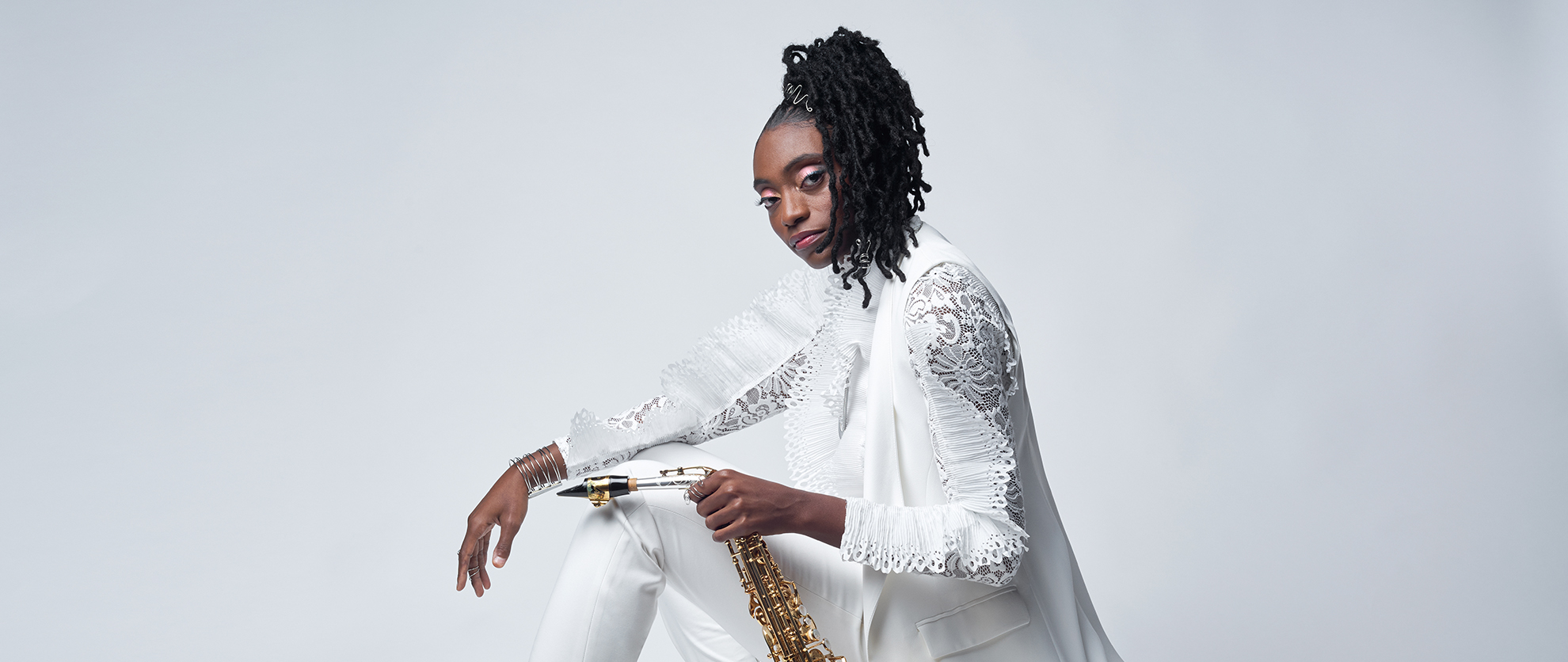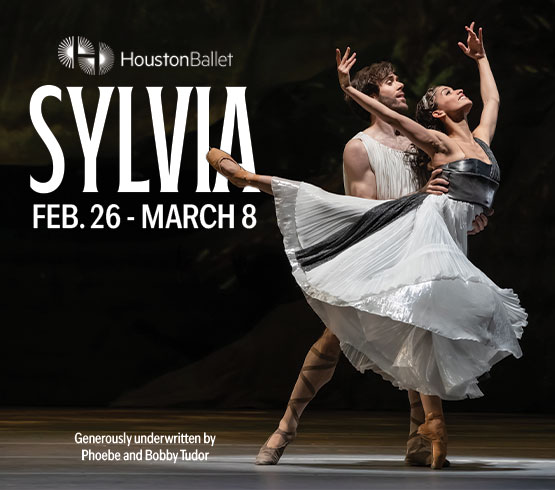An iconic Bach violin work handed over to the piano. Duke Ellington’s music reimagined by one of today’s leading jazz artists. Expressive 19th-century songs incarnated by an atypical voice. Baroque music performed by a period-instrument group and a jazz quartet in tandem.
“One of the things we’re focusing on with this theme of alchemy is the way composers start with all different kinds of materials, and transform them into something truly magical,” says Sarah Rothenberg, DACAMERA’s artistic director. She points to the season’s opening concert, which will feature the Takács Quartet—a long-esteemed group making its DACAMERA debut—and pianist Jeremy Denk (Sept. 26).
Denk and the quartet will team up, she notes, in “one of the most beloved of chamber music works”: the Piano Quintet by Antonín Dvořák, whose musical alchemy lay partly in injecting tinges of Czech folk music into the classical tradition. Czech music also colors the musical palette of Leoš Janáček, whose Quartet No. 1 will share the program. (Though Rothenberg doesn’t go into this much background, Janáček’s quartet represents a double transformation. It’s inspired by Leo Tolstoy’s The Kreutzer Sonata, a highly charged novella that in turn alludes to Beethoven’s eponymous violin-and-piano showpiece.)
In a concert he’ll share with the Calder Quartet, (Feb. 11) Adès himself will play piano works by Franz Schubert and Janáček, plus the keyboard part of his Piano Quintet. The quartet will add works of his including Arcadiana, which harkens back to Schubert, French painter Nicolas Poussin and other influences. To set the scene for the concert, Adès will share his views in a conversation with Rothenberg (Feb. 10). Their chat will draw in a third participant: British artist Tacita Dean, who collaborated with Adès on a ballet inspired by Dante’s The Divine Comedy—and who will have a show at the Menil Collection from October through March.
Adès’ evolution as a composer will presumably come up in the discussion, and DACAMERA also will showcase a pivotal stage in trailblazer Arnold Schoenberg’s evolution—and in his transformation of 20th-century music. The Telegraph Quartet, a prizewinning group making its DACAMERA debut, (Dec. 10) will play Schoenberg’s String Quartet No. 2, which actually employs quartet plus soprano. Rothenberg notes that the soprano part, to be sung here by the versatile Lauren Snouffer, includes a phrase that may be prophetic: “I feel air from another planet.” While the quartet is in the key of F-sharp minor, Rothenberg adds, it really is “entering another world musically”—that is, on the cusp of leaving traditional harmony behind.
Sure enough, music’s Planet Atonal was in the offing. Schoenberg and Rothenberg will take listeners there when she opens a recital program (March 3-4) with his Opus 19 piano pieces, written about three years after the Quartet No. 2. The six vignettes have no key centers at all. “They are extremely short,” Rothenberg says, “but each one is an intense world unto itself.”
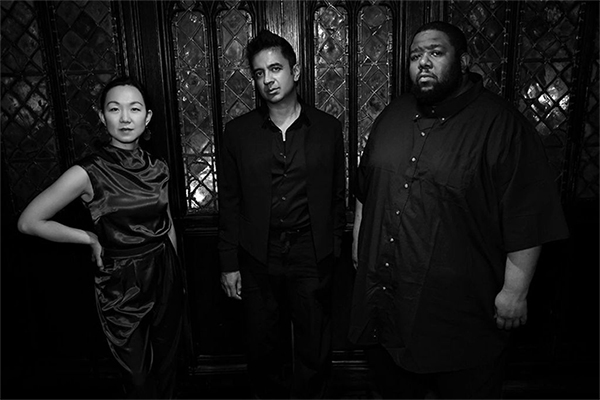
1 ⁄12
Vijay Iyer Trio; Photo courtesy of the artists.
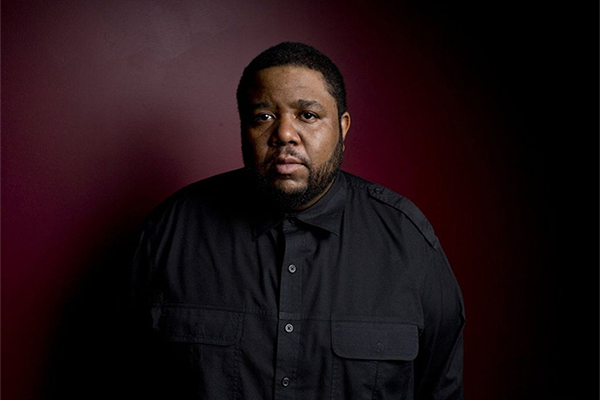
2 ⁄12
Tyshawn Sorey; Photo courtesy of the artist.
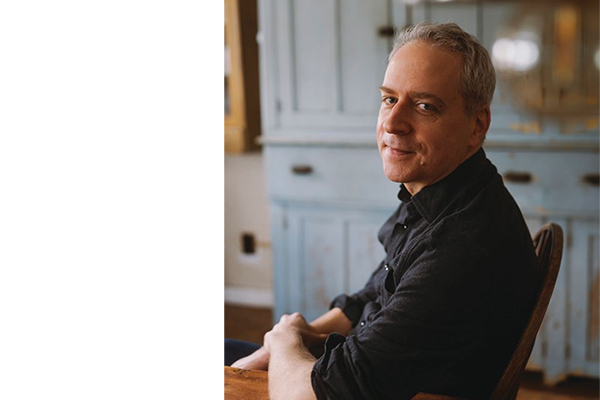
3 ⁄12
Jeremy Denk; Photo by Josh Goleman.
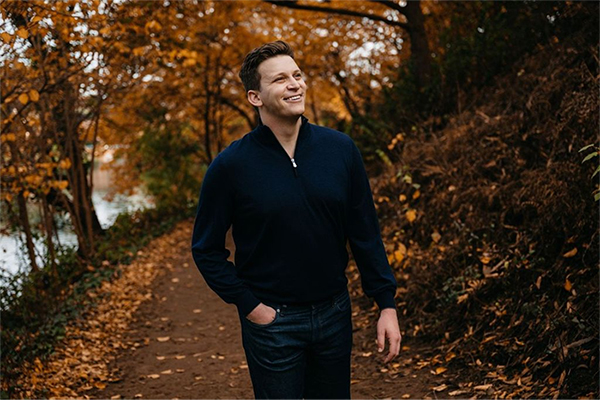
4 ⁄12
Aryeh Nussbaum Cohen; Photo by Jiyang Chen.
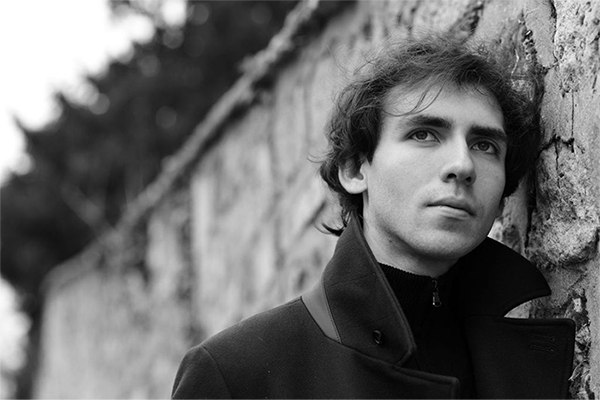
5 ⁄12
Alexandre Kantorow; Photo by Sasha Gusov.
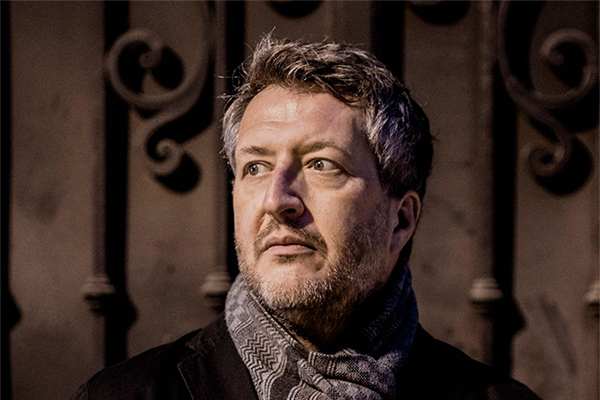
6 ⁄12
Alexandre Kantorow; Photo by Sasha Gusov.
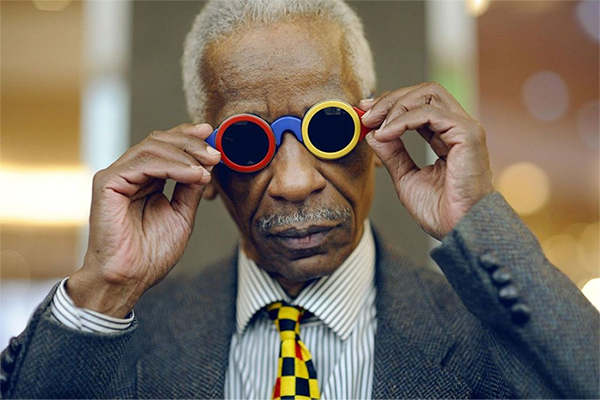
7 ⁄12
Roscoe Mitchell; Photo courtesy of the artist.
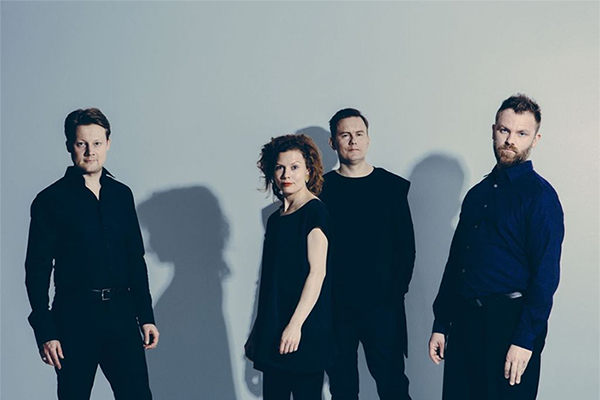
8 ⁄12
Meta4; Photo by Tero Ahonen.
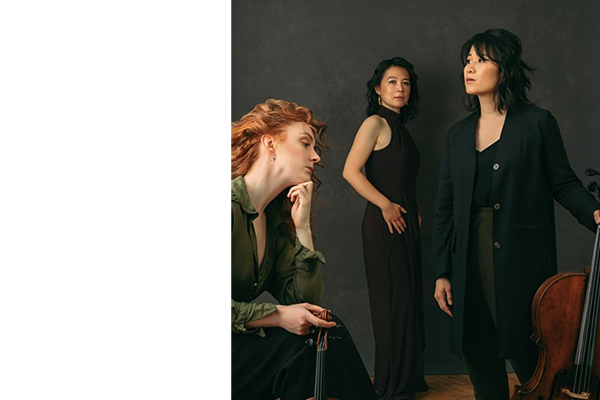
9 ⁄12
Merz Trio; Photo courtesy of the artists.
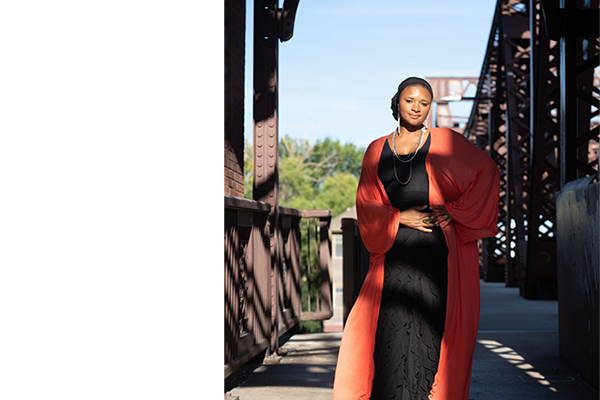
10 ⁄12
Lizz Wright; Photo courtesy of the artist.
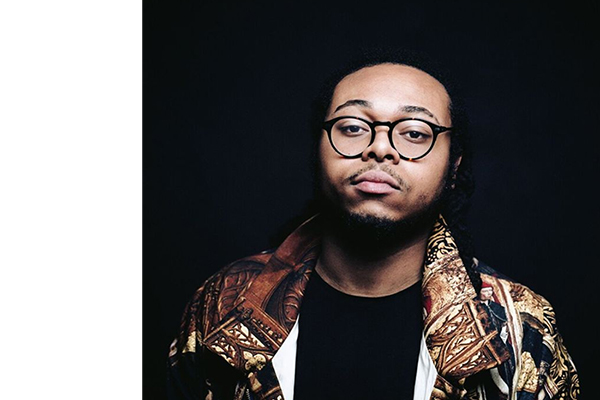
11 ⁄12
Immanuel Wilkins; Photo courtesy of the artist.
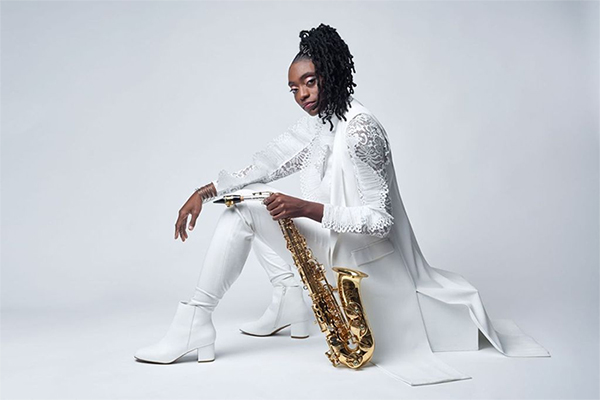
12⁄12
Lakecia Benjamin; Photo courtesy of the artist.
“In the course of our rehearsals in New York … Tyshawn looked at me and said, ‘I want to write a piano piece,’” Rothenberg recalls. Since Rothenberg has yet to see the finished product, she can’t describe it, she says. But she conveys his most recent update. “He told me that it’s completely composed in his head, but he has to get it down (on paper). Tyshawn is remarkable that way. So I’m quite sure he has the piece all worked out in his head. But it does have to get from his head to my fingers,” she adds with a laugh. “So there have to be some notes on the page before that happens.”
With roots in both classical music and jazz, Sorey undergoes his own musical transformations. When he comes to Houston for the piano work’s premiere, he also will play the drums in a trio with jazz pianist Vijay Iyer (March 1). Iyer, who composed a piano quintet for DACAMERA in 2014, also bridges musical worlds.
“In terms of alchemy, I am just amazed at the musical communication that takes place between Vijay Iyer, Tyshawn Sorey and Linda May Han Oh, the bassist in this trio. It’s just remarkable,” Rothenberg says. “Vijay and Tyshawn have a kind of telepathy between them musically. There’s something really magical that goes on.”
“Liszt’s piano music—especially in his day, but still today—was seen as a kind of magic,” Rothenberg says. “Liszt himself was kind of a wizard at the piano, in terms of what virtuosity can do.” Kantorow, she adds, is the first pianist to win the Tchaikovsky contest, which is a longtime source of virtuoso performers, and land the Gilmore Artist Award, which is known for spotlighting artists “who have something very special to say. The fact that Kantorow has been singled out in both these ways is truly exciting.”
Countertenor Aryeh Nussbaum Cohen has made his mark at Houston Grand Opera and Ars Lyrica thanks to his verve in baroque music, but his recital for DACAMERA (Feb. 24) will travel down a different path: It will include songs that are typically not countertenor fare, such as Robert Schumann’s eloquent Liederkreis, Op. 39. The music will undergo a metamorphosis as soon as Cohen begins.
“He’s put together a fascinating program,” Rothenberg says. “He’s bringing his particular countertenor voice to repertoire we may know, but turning it into something different—because we haven’t heard it sung with the kind of color his voice brings to it.”
“He comes out of the Association for the Advancement of Creative Musicians, which was something that started in the 1960s,” Rothenberg says. “It was created by musicians who were on the very experimental side of the jazz world. They were creating improvisatory music, but it was not necessarily strictly jazz.” Ruckus and company—including the jazz quartet—will also join forces in reimagining music by J.S. Bach’s contemporary Georg Philipp Telemann.
Duke Ellington’s music will get a reimagining, too, courtesy of pianist Jason Moran (March 28). After a solo-piano set, the Houston native will bring on the big band from his alma mater, the Kinder High School for the Visual and Performing Arts. DACAMERA’s jazz series will also include the Spanish Harlem Orchestra (Oct. 4); drummer Terri Lyne Carrington and her band (Dec. 6); saxophonist Lakecia Benjamin (Jan. 25); the trio of pianist Brad Mehldau, bassist Christan McBride and drummer Marcus Gilmore (April 11); and singer Lizz Wright (May 9).
On the classical side, the young Merz Trio will play hefty works by Schumann and Brahms as well as vignettes by composers from Hildegard of Bingen to Thelonious Monk (March 31). The Imani Winds will return, (Jan. 17) and the roster of six string quartets will include the New York Philharmonic String Quartet (Feb. 7)—including former Houston Symphony concertmaster Frank Huang—and Finland’s Meta4 Quartet (April 21).
Meta4’s program will include Terra Memoria by the group’s compatriot Kaija Saariaho, who died last year. She composed two works on commissions from DACAMERA, and Rothenberg thinks it’s fitting that Meta4 will play a work about memory. “It’s a piece that was composed for those departed,” Rothenberg says. “It‘s very much a piece about memory and loss. It will be our tribute to Kaija Saariaho.”
—STEVEN BROWN

